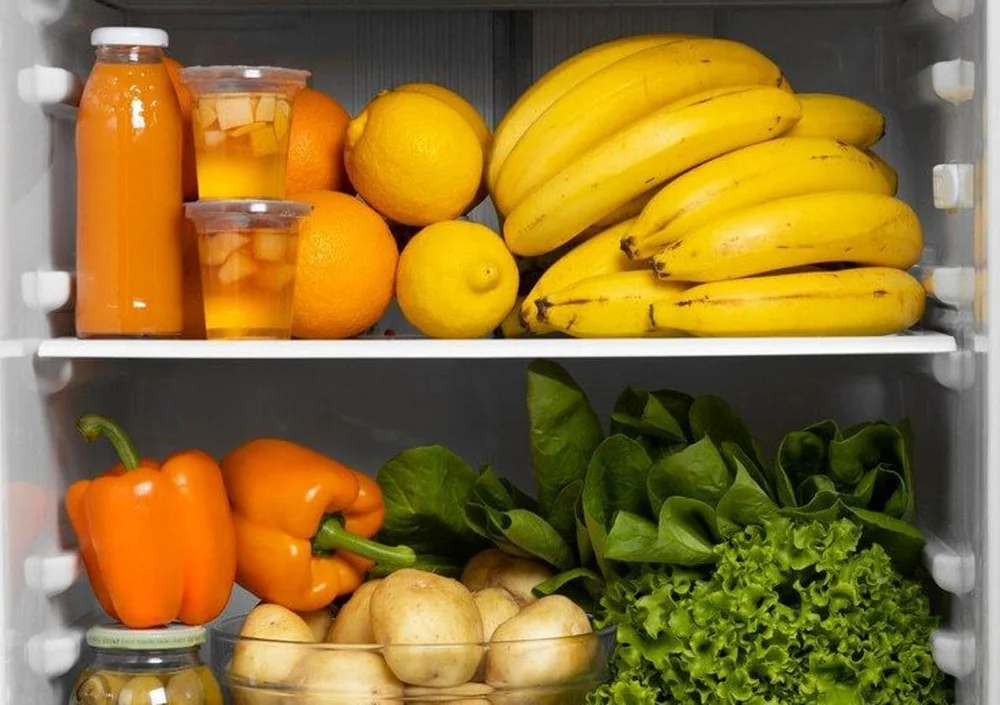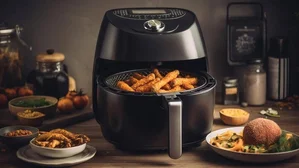The Importance of Proper Fruit Storage: A Guide for Expats in Spain

As the winter months approach, maintaining the freshness and quality of your fruits becomes increasingly crucial. A recent article highlighted the common mistakes people make when storing fruits, which can lead to premature spoilage. Here’s a detailed guide to help expats in Spain keep their fruits fresh for longer.
Understanding Fruit Storage Needs
Different types of fruits have varying storage requirements. For instance, fruits like apples, pears, and grapes can be stored in the refrigerator to prolong their shelf life. The cold environment helps slow down the ripening process, keeping them fresh for several weeks.
Fruits That Should Not Be Refrigerated
On the other hand, some fruits are best kept at room temperature. Bananas, for example, should not be refrigerated as the cold can cause a process called "chill injury," which makes the skin turn black and the fruit become unpalatable. Similarly, citrus fruits like oranges and lemons can be stored at room temperature, away from direct sunlight.
The Role of Ethylene Production
Ethylene is a natural gas produced by fruits as they ripen. Some fruits, such as apples and pears, are high ethylene producers, while others, like citrus fruits, produce very little. Storing high ethylene-producing fruits separately from low ethylene-producing ones can prevent premature ripening.
Tips for Expats in Spain
For expats living in Spain, where the climate can be quite warm, especially in the southern regions, proper fruit storage is essential. Here are some tips:
- Use the Right Containers: Store fruits in breathable containers or bags to maintain air circulation. This helps prevent moisture buildup, which can lead to mold and spoilage.
- Monitor Temperature: Ensure your refrigerator is set at the optimal temperature (around 4°C) to keep fruits fresh.
- Separate Fruits: Keep high ethylene-producing fruits away from others to prevent accelerated ripening.
- Check Regularly: Regularly inspect your stored fruits for signs of spoilage and remove any that are going bad to prevent the spoilage from spreading.
Additional Tips for On-the-Go Storage
For those who enjoy taking fruits on the go, consider using electric lunch boxes or thermally insulated containers. These can keep your fruits at the right temperature, whether you are commuting or traveling. For example, electric lunch boxes with dual voltage options (suitable for both home and car use) can be particularly handy[1].
By following these simple guidelines, expats in Spain can enjoy their favorite fruits for longer periods, even in the warmer climates. Proper storage not only extends the shelf life of fruits but also helps maintain their nutritional value and flavor.
Related Stories

Discovering the Flavors of Cantabria: The Cocido Montañés
Explore the heart of Cantabria's culinary heritage with the cocido montañés, a traditional stew that's a staple of local cuisine and a symbol of regional identity.

Spanish Dining Preferences: Quality of Rice Tops the List for Restaurant Choices
79% of Spaniards prioritize rice quality in restaurants, underscoring its pivotal role in Spanish cuisine and dining preferences.

Spain Boasts the World's Best Hamburger, and You Can Try It in Valencia or Madrid
Spain's culinary scene shines as a local hamburger is crowned the world's best, available in Valencia and Madrid. A must-try for food enthusiasts and expats alike.

Warning for Air Fryer Users in Spain: What Not to Do
Air fryer popularity in Spain comes with a crucial warning for users. Learn the common mistakes to avoid for safe and effective cooking.

Cantabrians: The Least Adventurous Spaniards When It Comes to Trying Beers
Study reveals Cantabrians are Spain's least adventurous beer tasters, yet hold a deep knowledge of traditional varieties, reflecting a unique cultural insight.